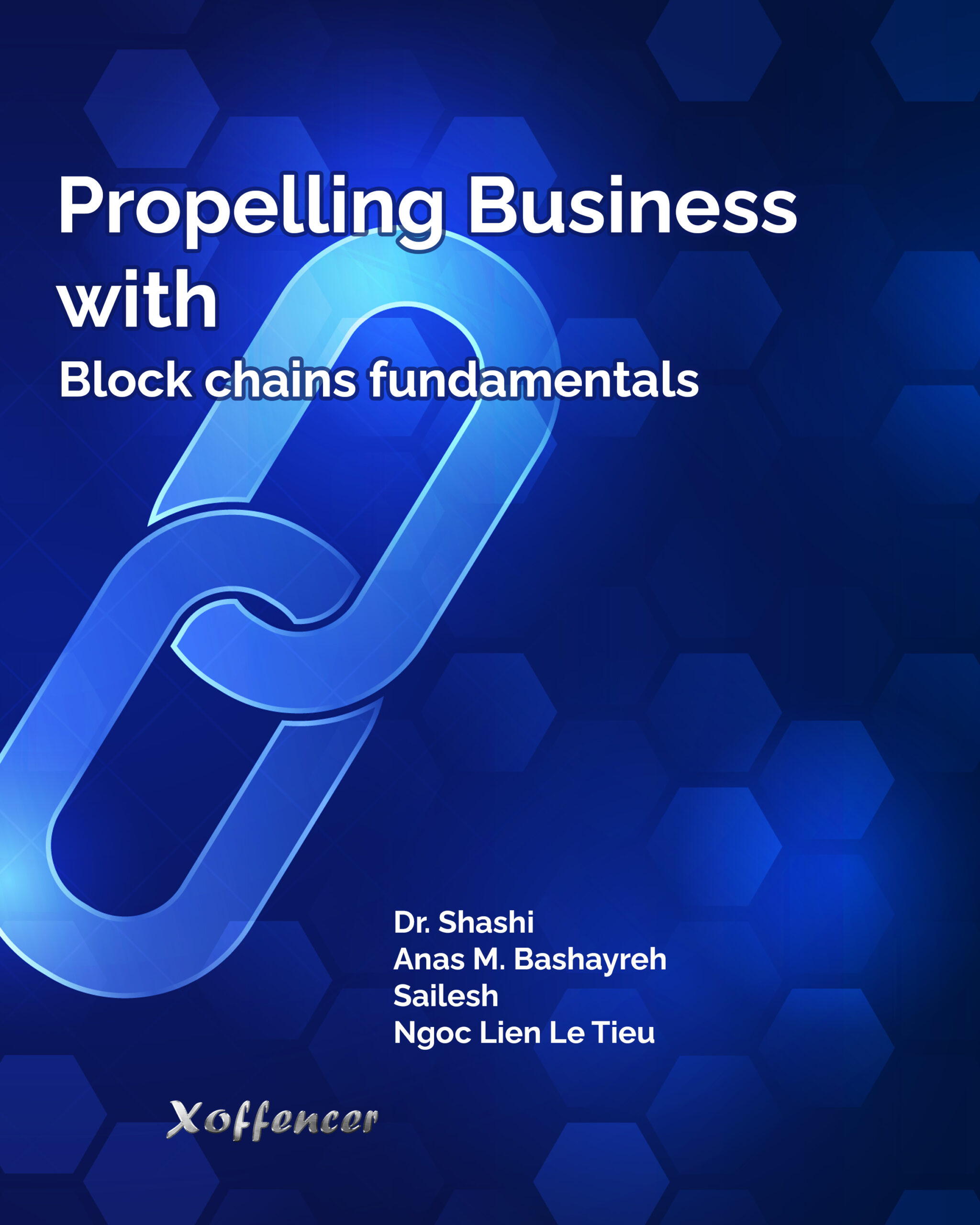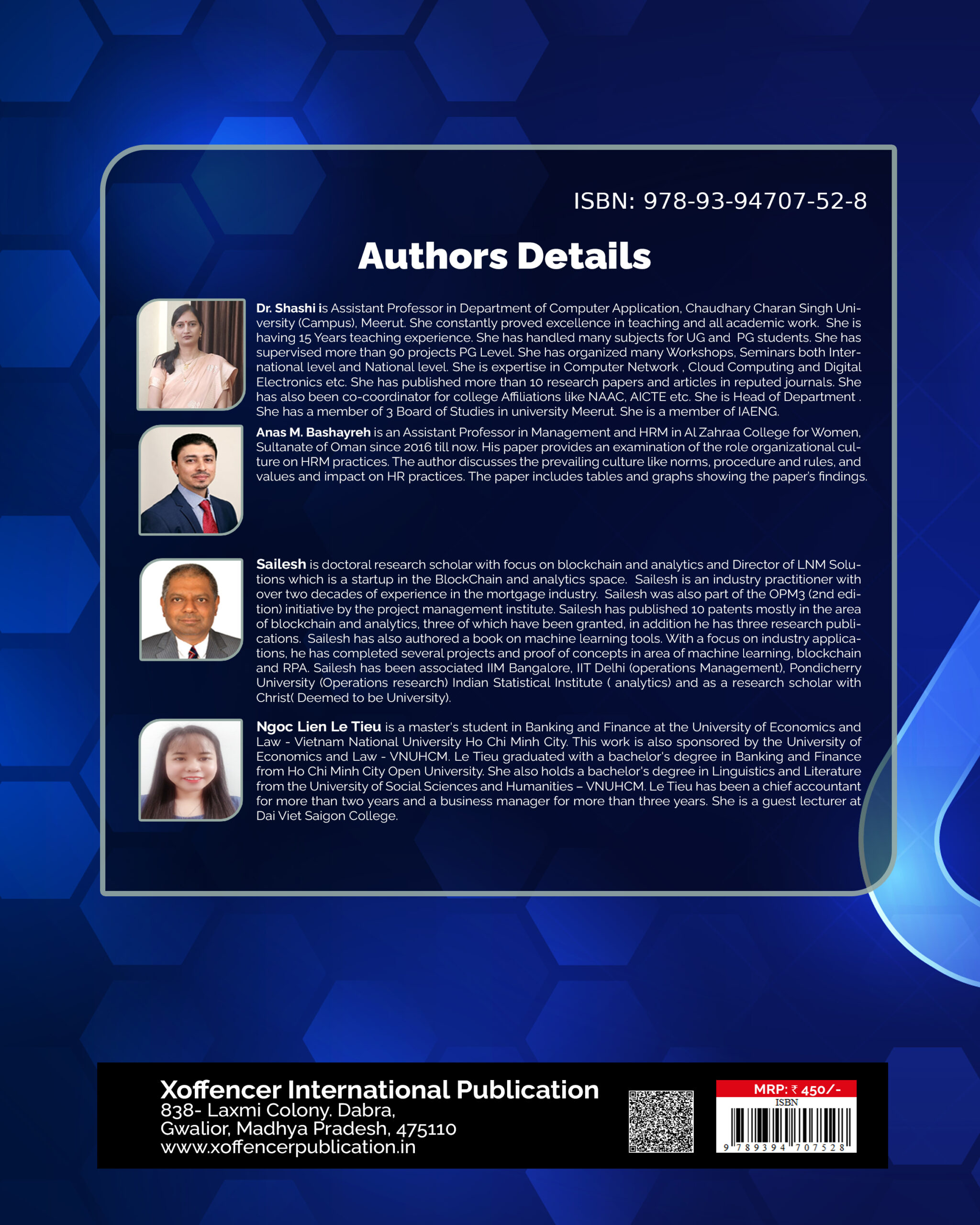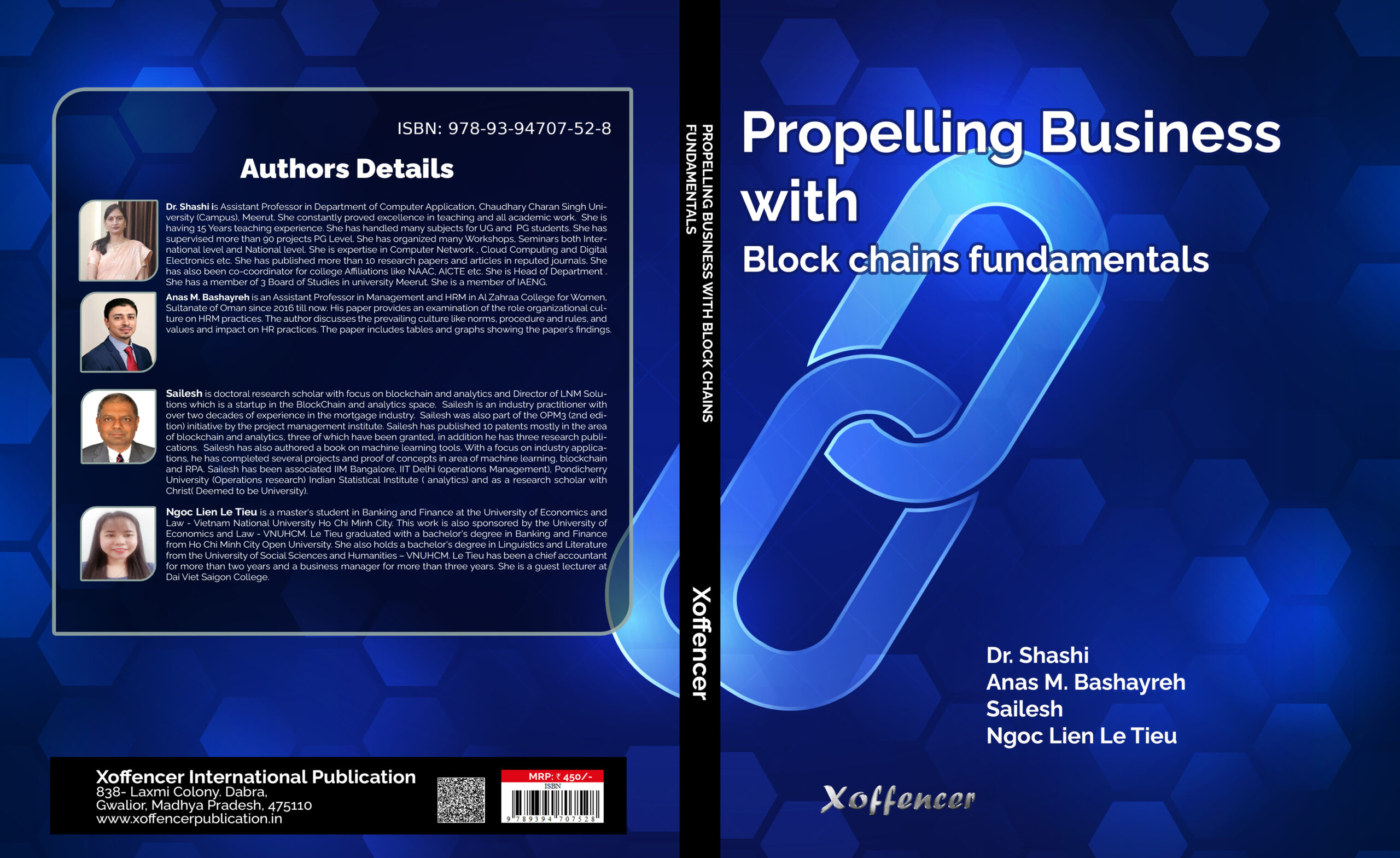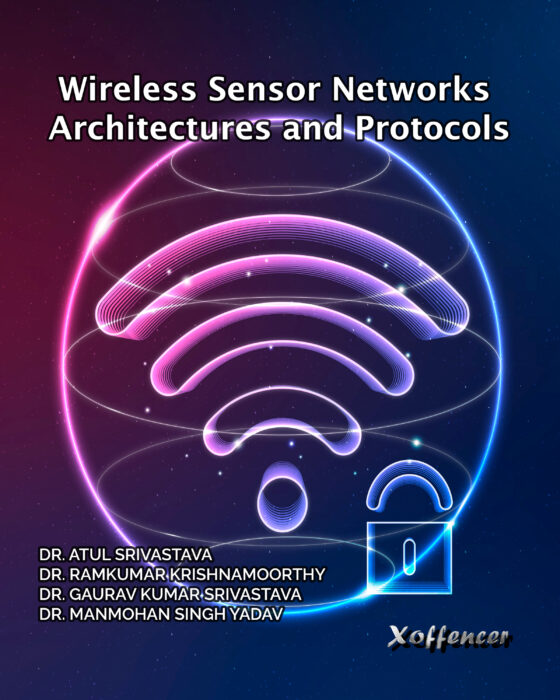Description
Information exchange is the engine of today’s communication. Data exchange between different organizations is required in all modern systems today. The transmission, storage and even protection of personal data in these systems is almost entirely managed by accredited third parties. Users, on the other hand, are putting themselves in danger both in terms of their privacy and their security because of the growing complexity of online assaults and the growing dependence on third parties that may be trusted. In addition, recent legislation, such as the General Data Protection Regulation (GDPR), has expanded the scope of what constitutes personal data, mandated increased transparency in the data collection and processing processes, and imposed legal obligations on businesses that have suffered financial losses as a result of data breaches. This study introduces SeTA, a framework for the exchange of data that is safe, transparent, and traceable. It is built on two cutting-edge technologies: Blockchain and Intel Software Guard Extensions (SGX). Data providers have access to encryption so they may impose their own attribute-based access control rules, and this capability is accessible to them. The management of access control rules and the qualities necessary to assess them is the responsibility of smart contracts that are incorporated inside the blockchain. The transparency and immutability that characterizes blockchain technology helps improve the process of evaluating policies and terms of use based on the identification of user characteristics. By performing a protocol analysis with the ProVerif validation tool, we can prove that our blockchain-based data exchange protocol is secure. Using SGX allows us to combine our data exchange protocol with a responsible decryption method. This method creates a tamper-proof log containing information about each data decryption instance. The record serves as evidence of data access and can be used for auditing and reporting purposes.













Reviews
There are no reviews yet.